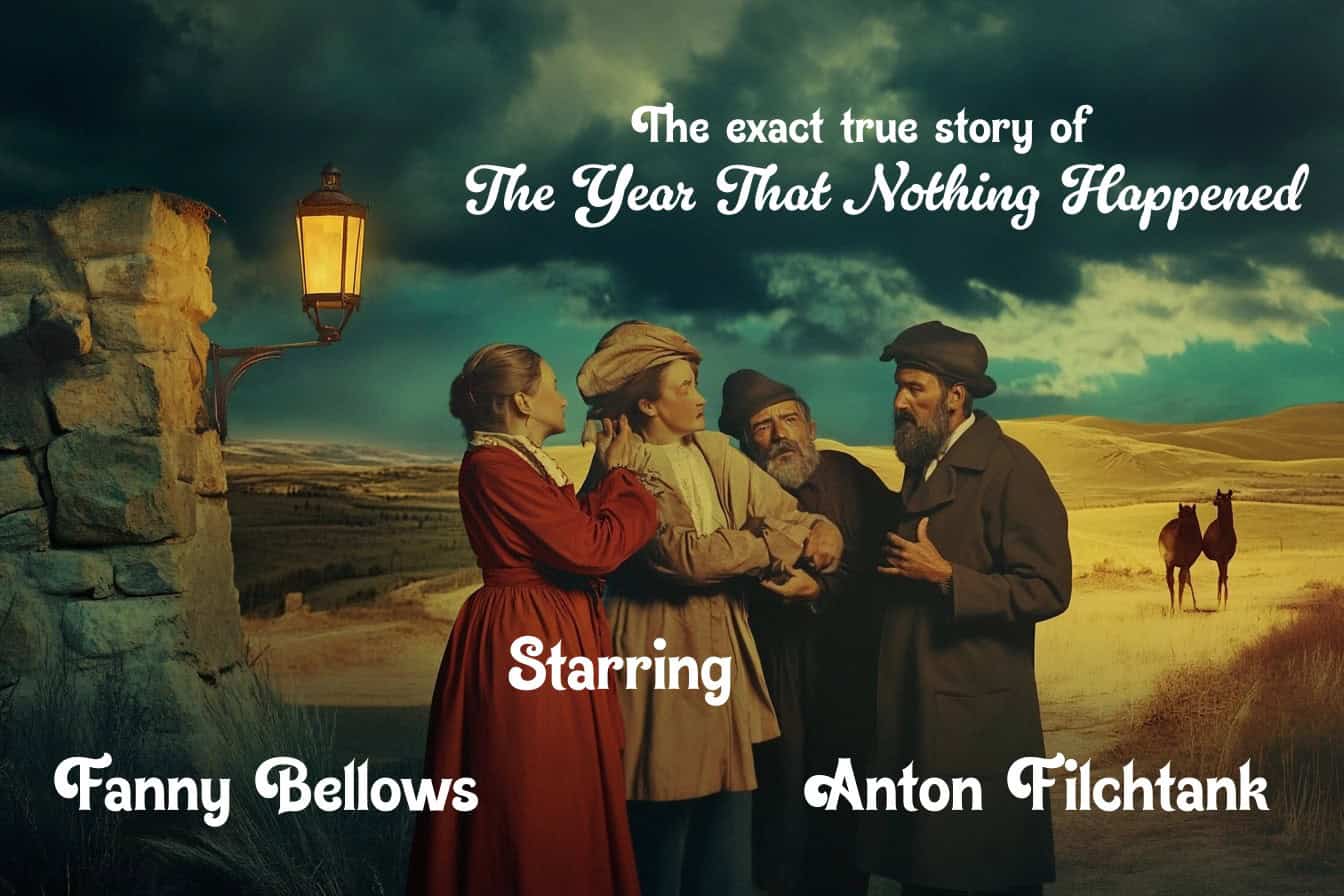
In a desperate bid to lure audiences back to theaters, Hollywood has announced a radical new direction—one that could change the very fabric of cinema as we know it.
For the first time in industry history, filmmakers have agreed to write characters who behave like rational human beings.
“We looked at declining ticket sales, the rise of streaming, and the fact that audiences are just tired of watching the same dumb tropes,” explained one studio executive. “So we thought… what if our movies made sense?”
Major Changes Coming to Theatrical Releases

The shift is being described as Hollywood’s Realism Era, and insiders say it will affect every genre.
✅ Bad guys who can aim – Villains in action films will now receive basic firearms training to avoid the embarrassing tradition of missing at close range.
✅ Cellars with working lights – Horror movies will feature homes with functioning light bulbs, drastically reducing the number of protagonists who blindly stumble into their doom.
✅ Protagonists who call for backup and wait – Law enforcement and action heroes will now coordinate with colleagues rather than charging into enemy hideouts alone and underprepared.
✅ Realistic hero mortality rates – Main characters will no longer magically survive bullet wounds, explosions, or falls from skyscrapers unless they are medically plausible. Some protagonists will even die in the first ten minutes.
✅ True stories that don’t completely rewrite history – Biopics and “true story” adaptations will now stay faithful to reality, meaning fewer inspiring monologues that never actually happened and significantly fewer “based on a true story” car chases.
A Response to Years of Audience Complaints
This pivot follows decades of frustration from moviegoers, who have long endured characters making decisions so bad they defy all logic.
“We ran focus groups, and the results were overwhelming,”said a producer from Paramount. “People were begging us—literally begging—to stop making protagonists sprint directly into danger like idiots.”
Some of the most common audience complaints include:
• “Why didn’t they just use the front door?”
• “Why did the cop go in alone?”
• “Why did she drop her weapon?”
• “How did that explosion not kill him?”
• “WHY WOULD YOU SPLIT UP?”
Early Reactions and Industry Backlash
Not everyone is on board with the change.
Some directors argue that movie logic is what makes films fun, and that eliminating dumb decisions will “rob cinema of its magic.”
“If characters start making good choices, half of Hollywood is out of work,” complained one veteran screenwriter.
“You take away dumb mistakes, and suddenly horror movies are ten minutes long,” added another.
Meanwhile, some filmmakers are concerned about how audiences will react to a world where plot armor is no longer guaranteed.
“It’ll be a tough adjustment,” admitted a Warner Bros. executive. “People are used to heroes surviving impossible odds. Now? If you run into a burning building, you’re not coming back out.”
What’s Next?

With test screenings proving shockingly effective, studios are already considering additional realism-based initiatives, including:
• Romantic comedies where people communicate like adults
• Sci-fi films where spaceships actually run out of fuel
• Crime thrillers where criminals are arrested because of security cameras
• Action movies where hand-to-hand fights end after two punches
Will Hollywood’s Realism Era save cinema, or will audiences miss the stupidity that made blockbusters fun?
One thing is for sure: the next time a protagonist hears a noise in the basement, they’ll turn on the damn lights.
This is satire, of course. The real world is nothing like that…
But if you want to see how things actually work, here are some totally real, absolutely normal links that inspired this story:
In recent years, Hollywood has faced significant challenges, with several high-budget films underperforming at the box office and a growing disconnect between studios and audiences. This has led to a crisis where traditional filmmaking approaches are being questioned, and there’s a pressing need for innovation to re-engage viewers.
Recent Box Office Flops:
- “Megalopolis” (2024): Directed by Francis Ford Coppola, this $120 million project grossed only $9.2 million globally, marking it as one of the year’s biggest box office bombs. sfchronicle.com
- “Joker: Folie à Deux” (2024): Despite high expectations, the sequel earned $206.4 million against a $200 million budget, falling short of its predecessor’s success. v1019.com
- “Borderlands” (2024): Based on the popular video game series, this film had a production budget of $110–120 million but grossed only $33 million worldwide. en.wikipedia.org
Industry Challenges:
The decline in audience engagement with traditional Hollywood productions can be attributed to several factors:
- Overreliance on Franchises: The focus on sequels and reboots has led to creative stagnation, with audiences seeking fresh and original content. filmtake.com
- Streaming Competition: The rise of streaming platforms has fragmented viewership, offering diverse content that often surpasses traditional films in originality and appeal.
- Changing Audience Preferences: Viewers are gravitating towards content that reflects diverse perspectives and authentic storytelling, areas where traditional Hollywood has struggled to adapt.
Potential Solutions:
To address these challenges, Hollywood studios are exploring several strategies:
- Embracing Original Screenplays: Investing in new and diverse storytelling can attract audiences seeking fresh narratives.
- Collaborating with Digital Creators: Partnering with influencers and content creators can infuse authenticity and tap into existing fan bases. production.ink
- Focusing on Quality Over Quantity: Prioritizing well-crafted stories over mass-produced content can rebuild trust and interest among viewers.
In conclusion, Hollywood’s current predicament stems from a combination of internal complacency and external competition. By recognizing these issues and adapting to the evolving media landscape, the industry can pave the way for a resurgence that aligns with contemporary audience expectations.
Hollywood’s Struggle Amid Box Office Flops and Changing Audiences
Netflix’s most expensive movie ever ‘The Electric State’ is a ‘dumb, unfunny’ $320 million flop
sfgate.com’Godfather’ filmmaker accepts ‘worst director’ award, says his money is ‘gone’Yesterdaythetimes.co.ukDirector Steven Soderbergh: ‘Grown-up films are dying’6 days ago








